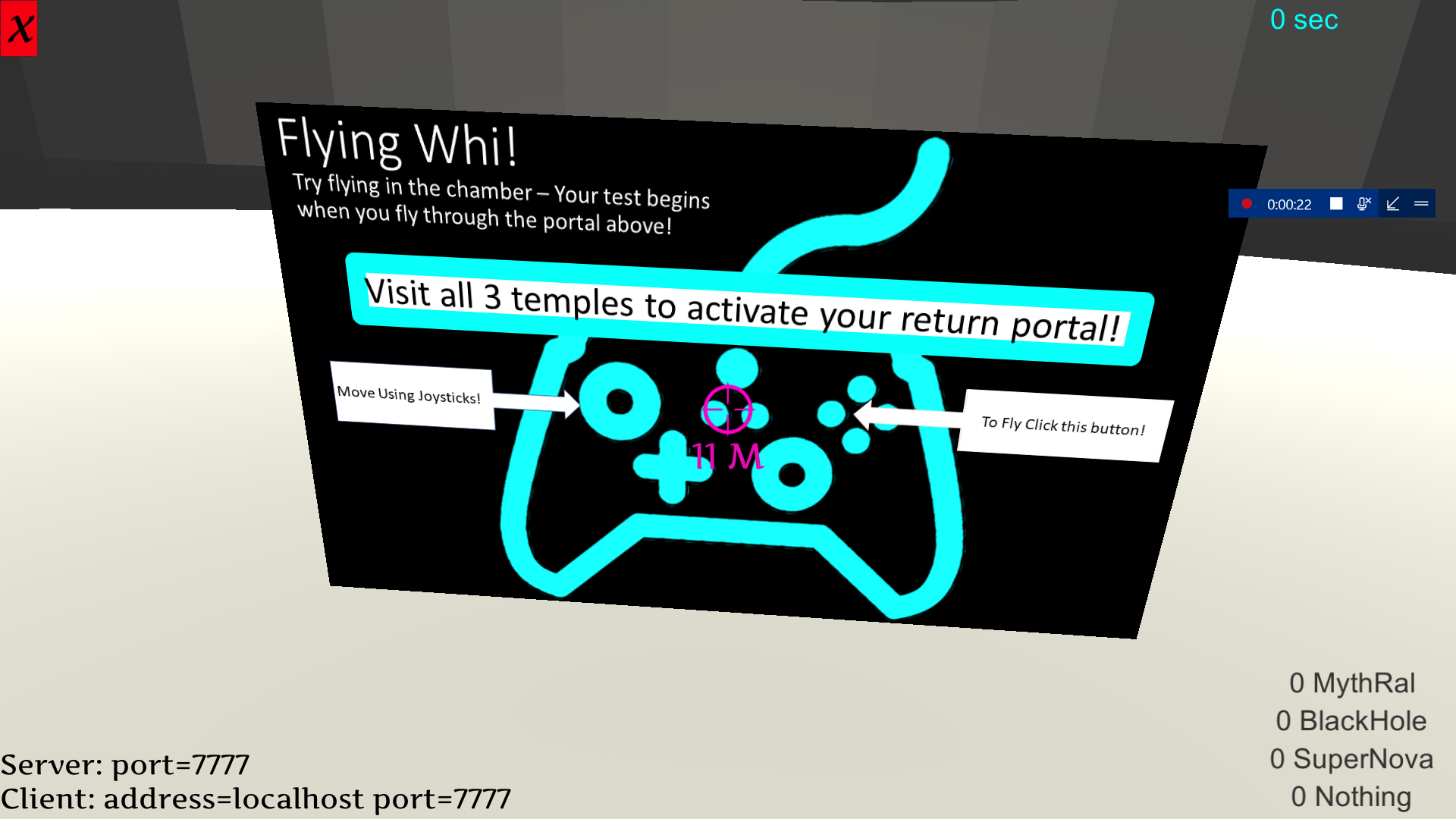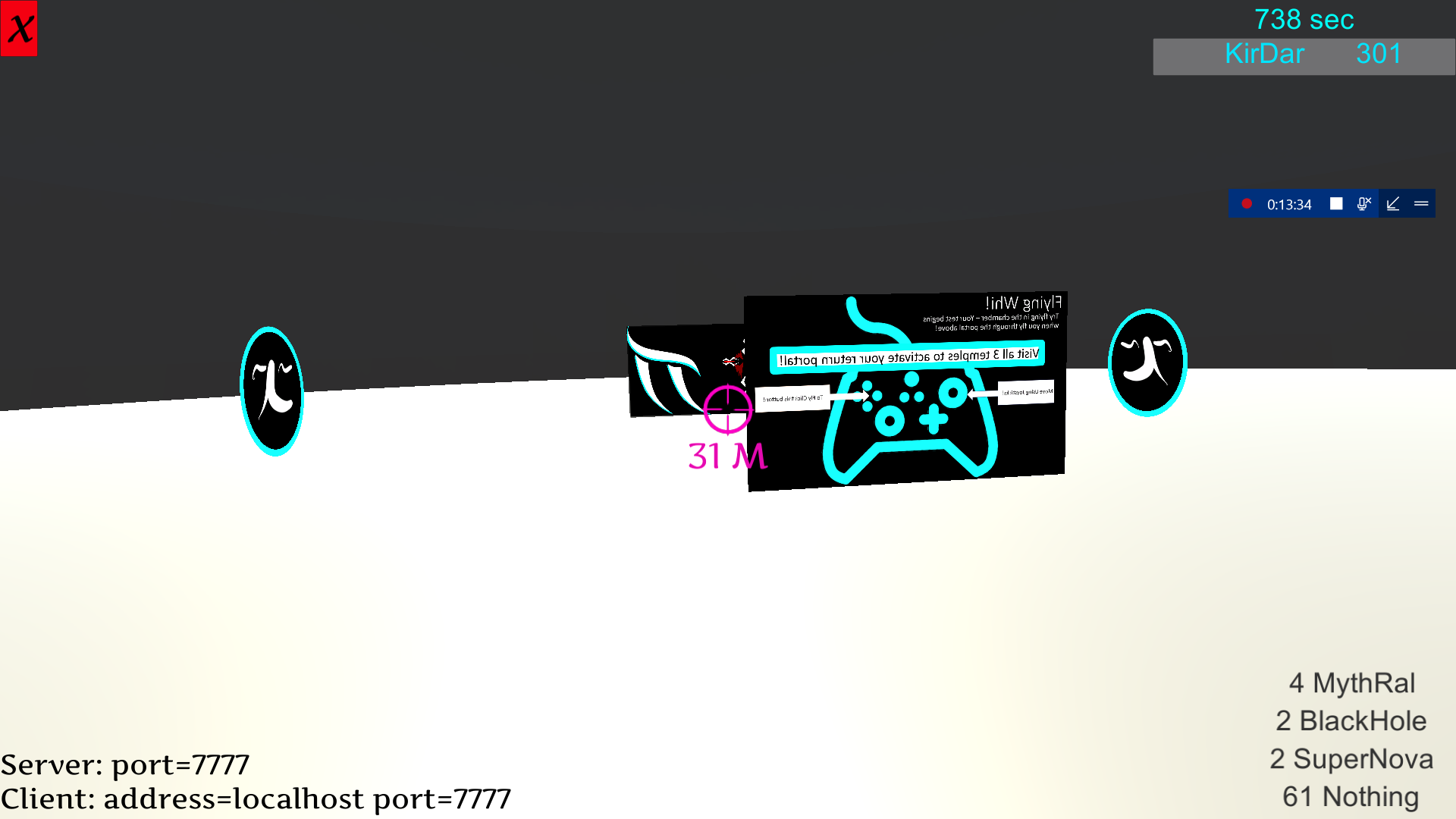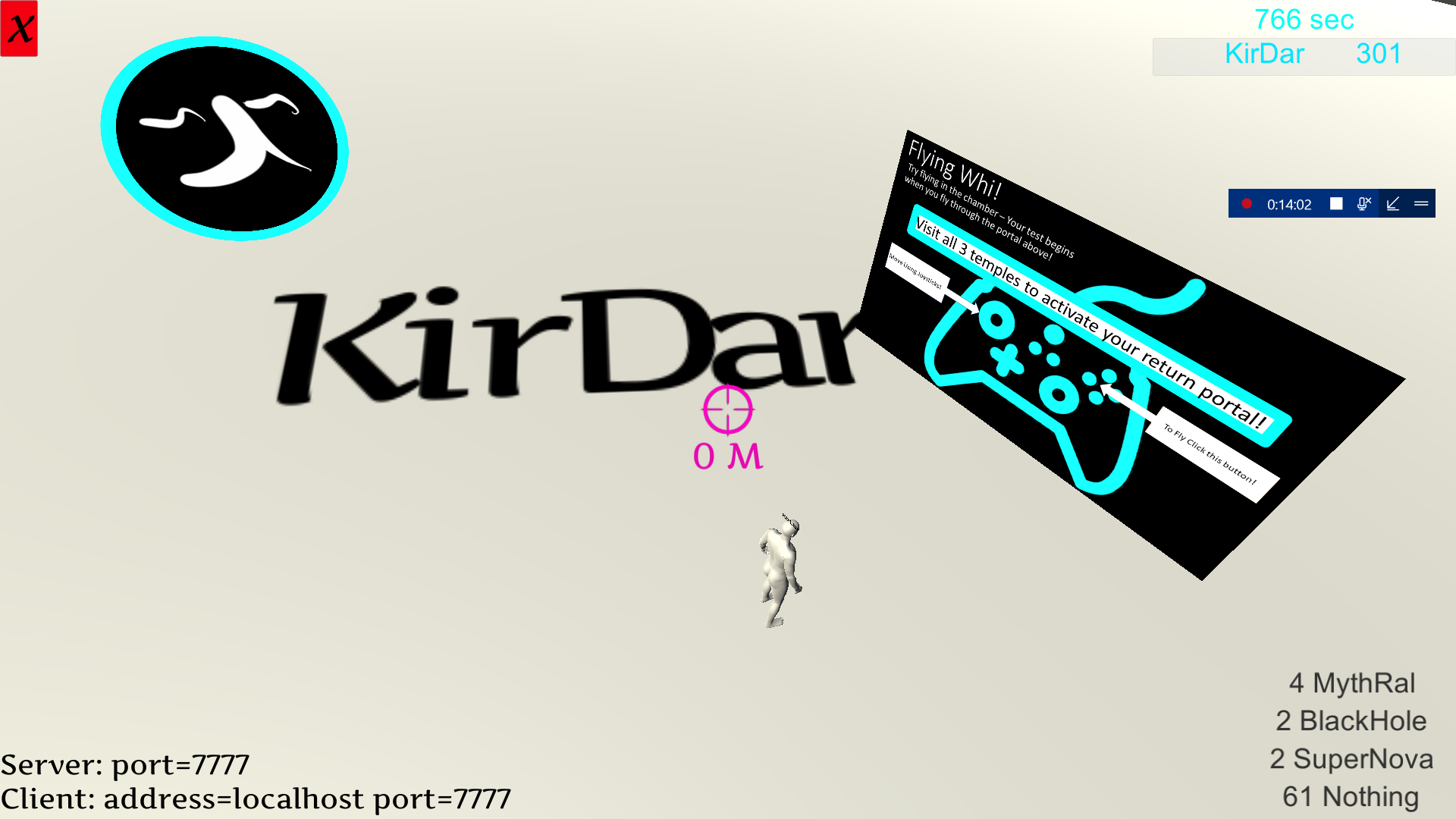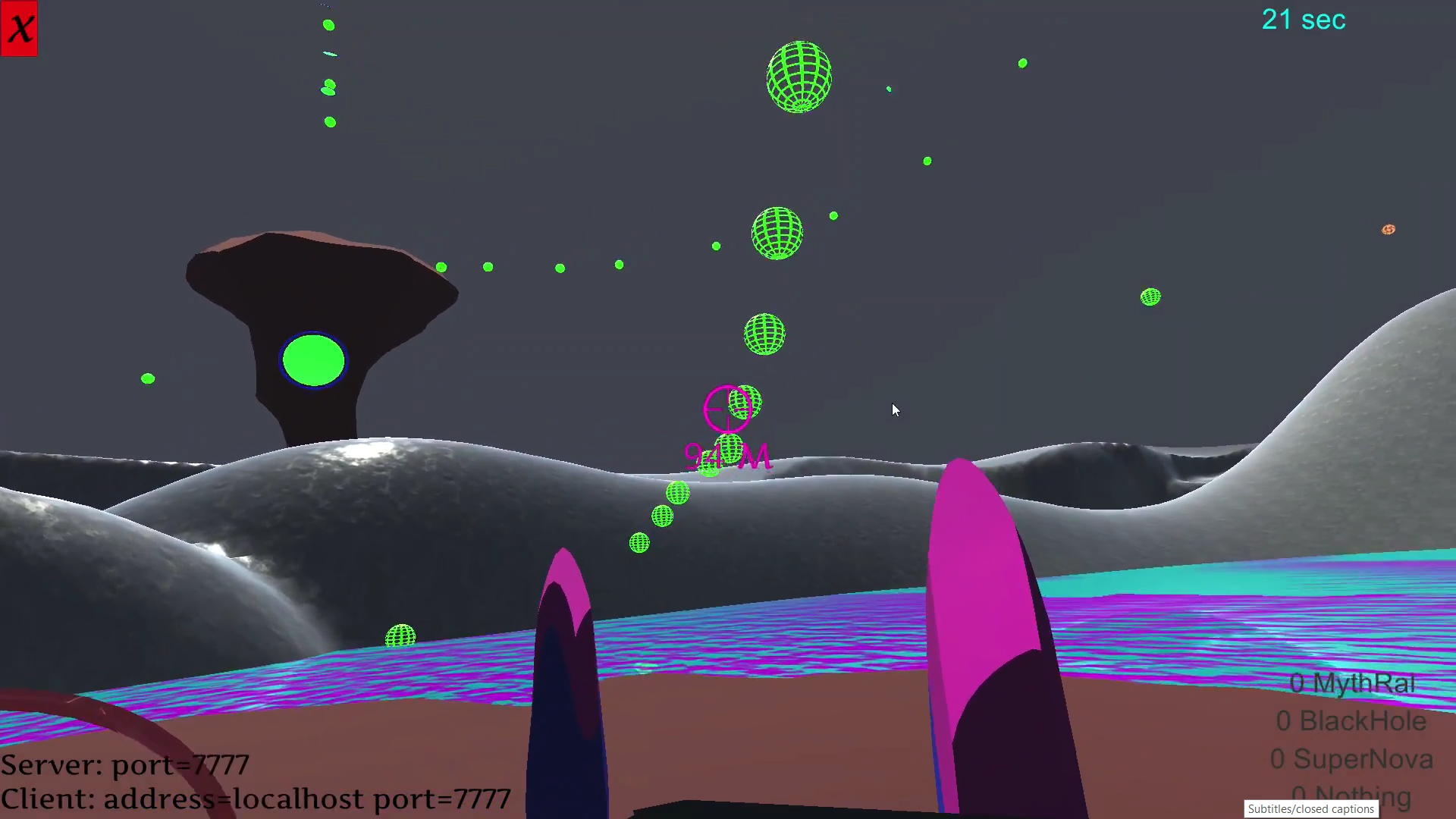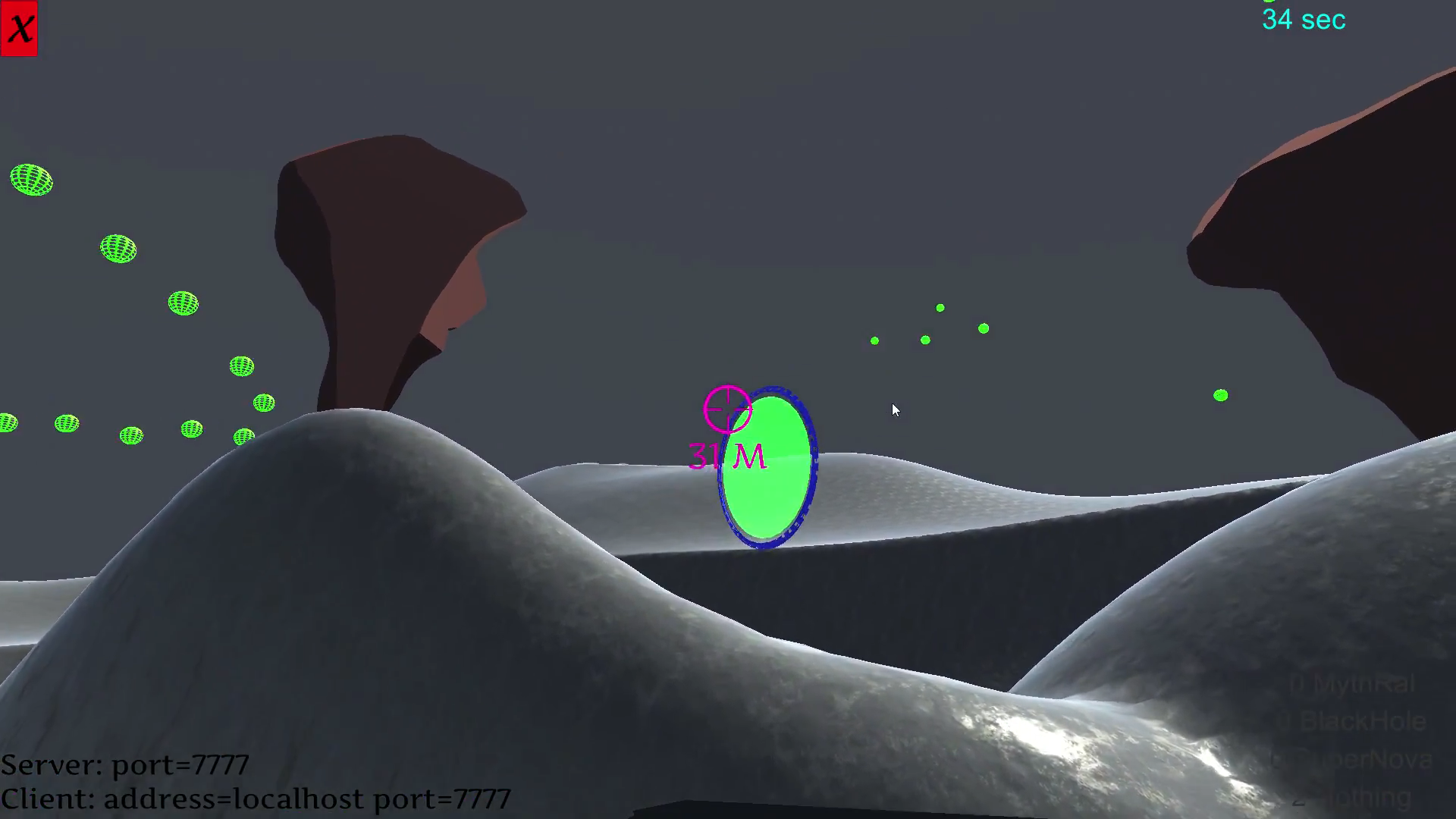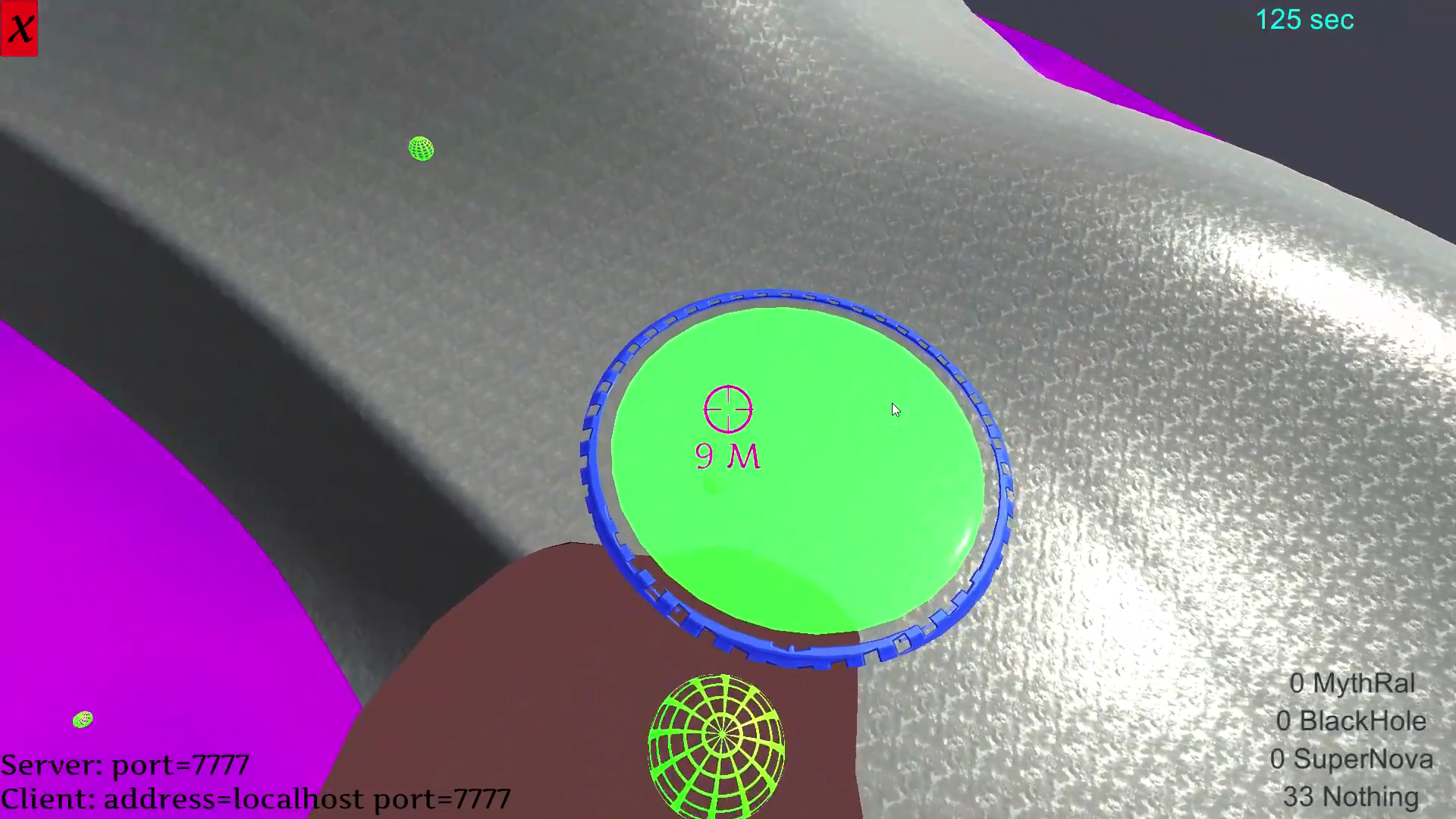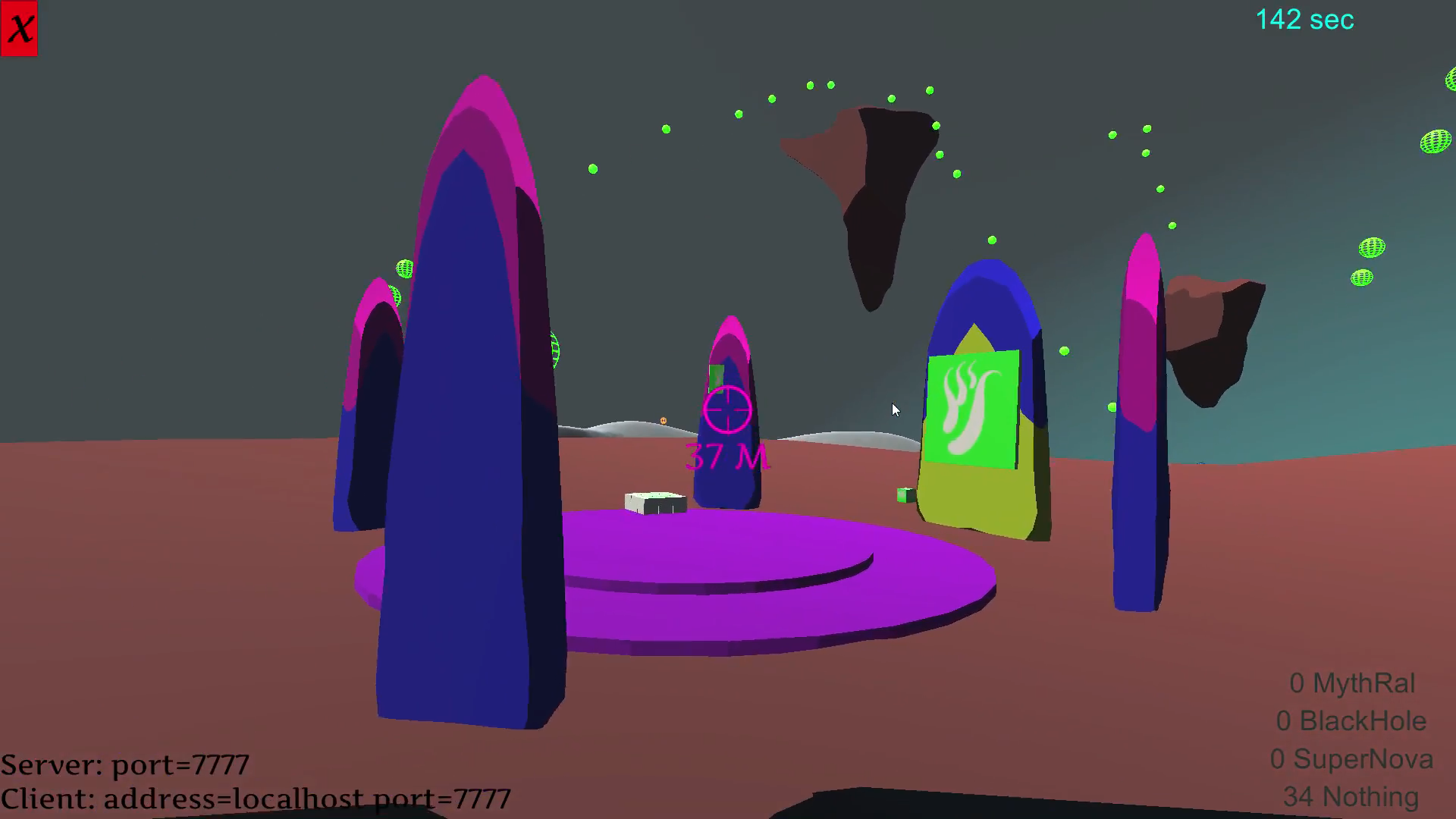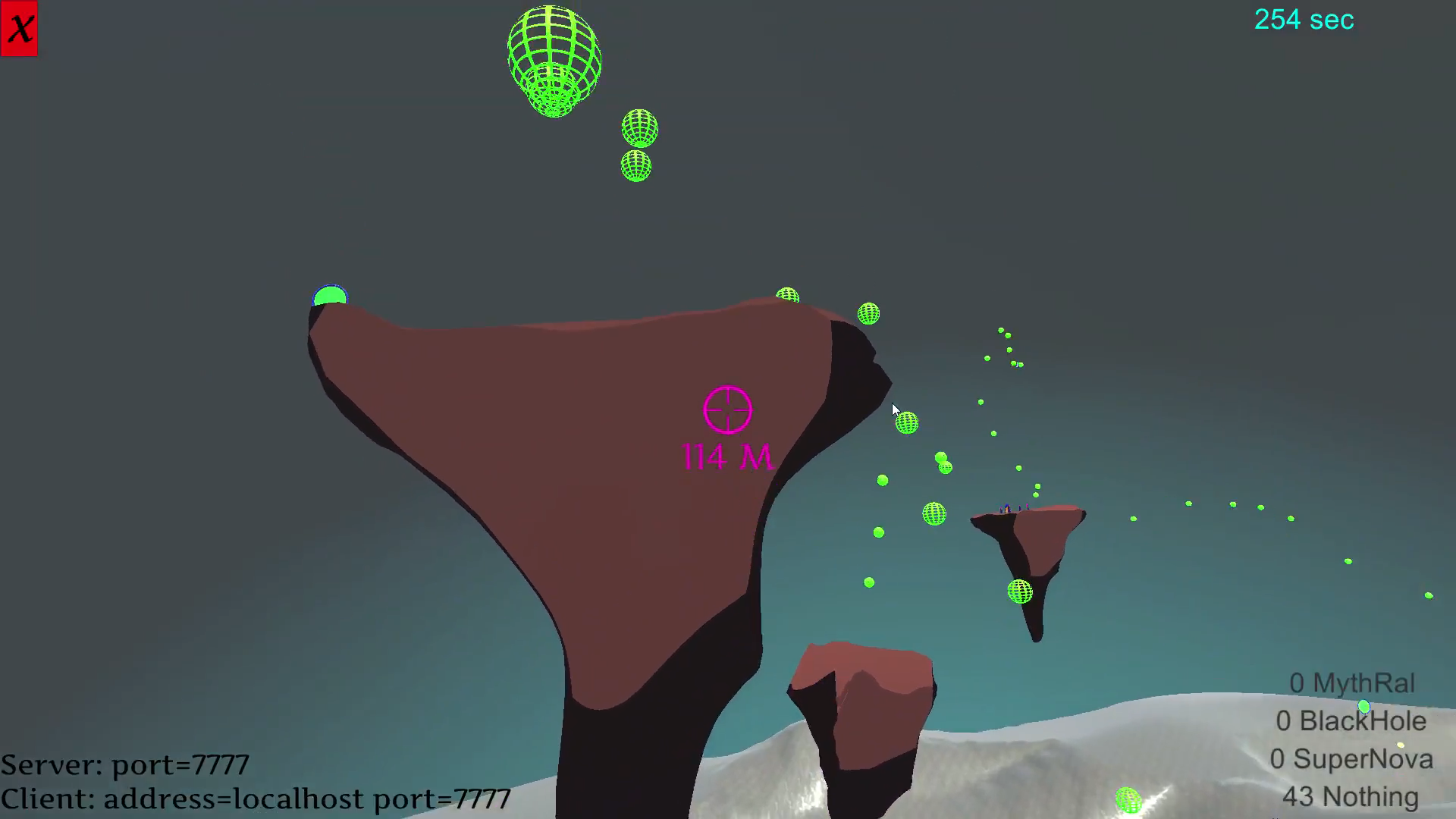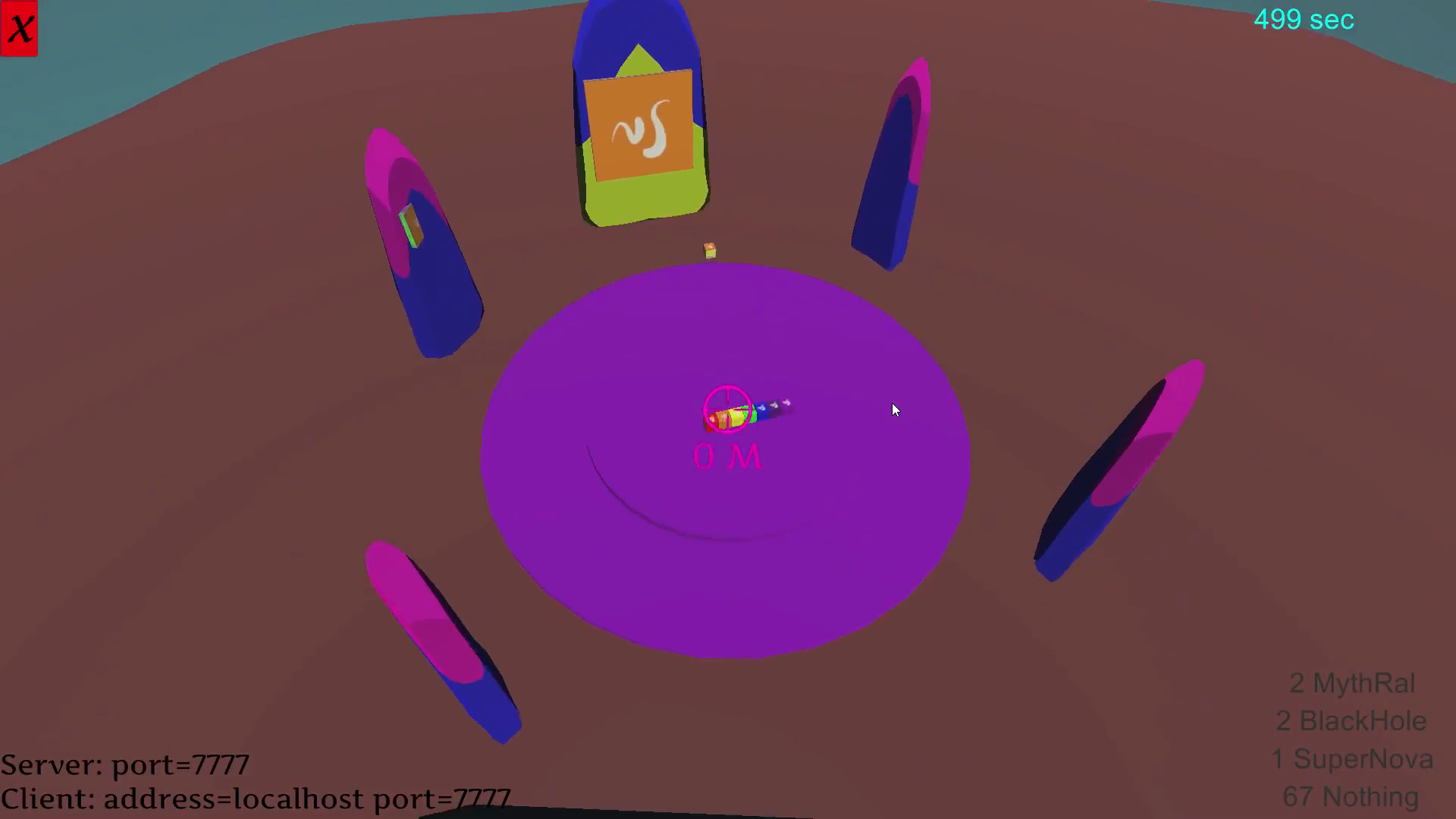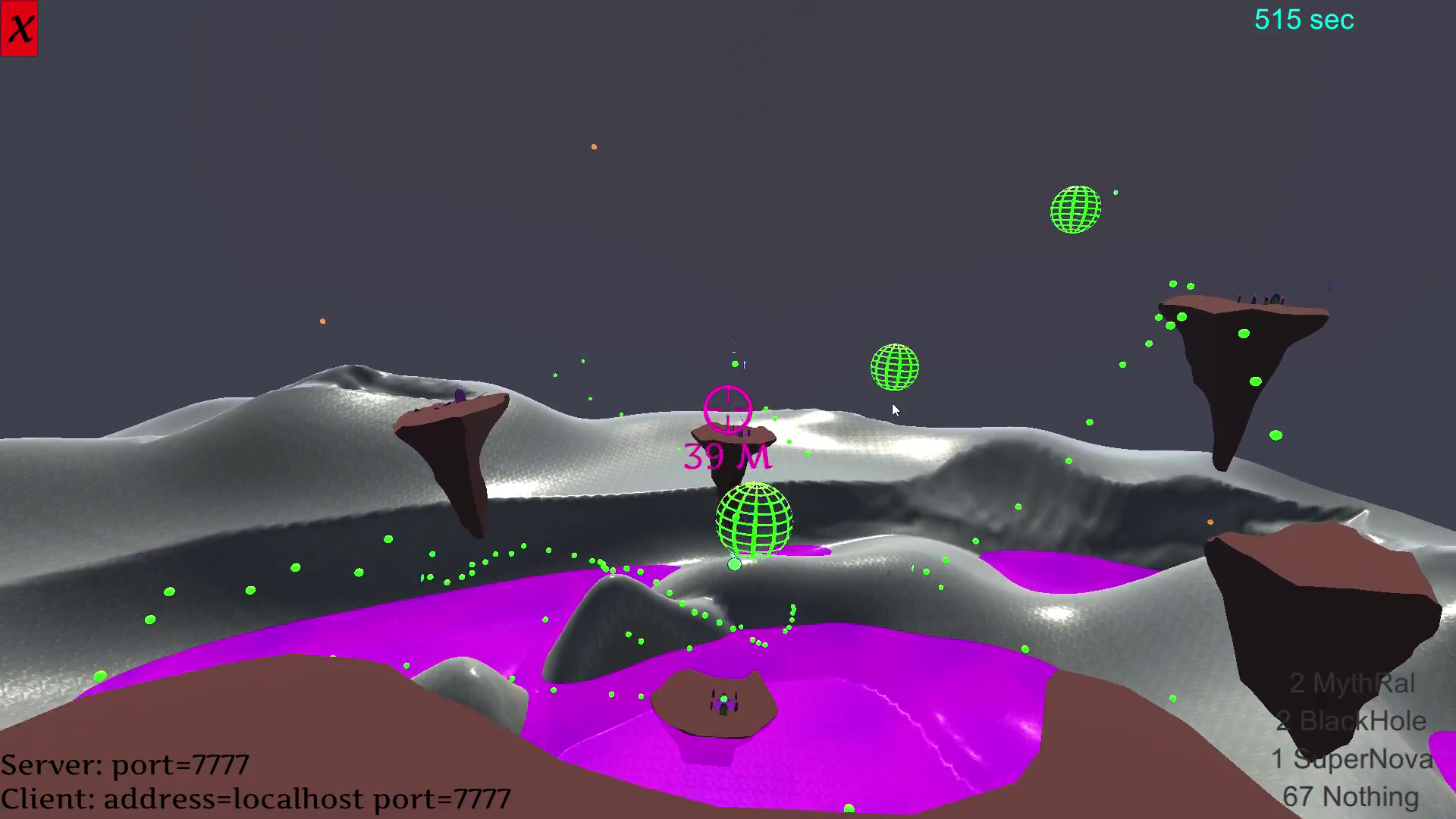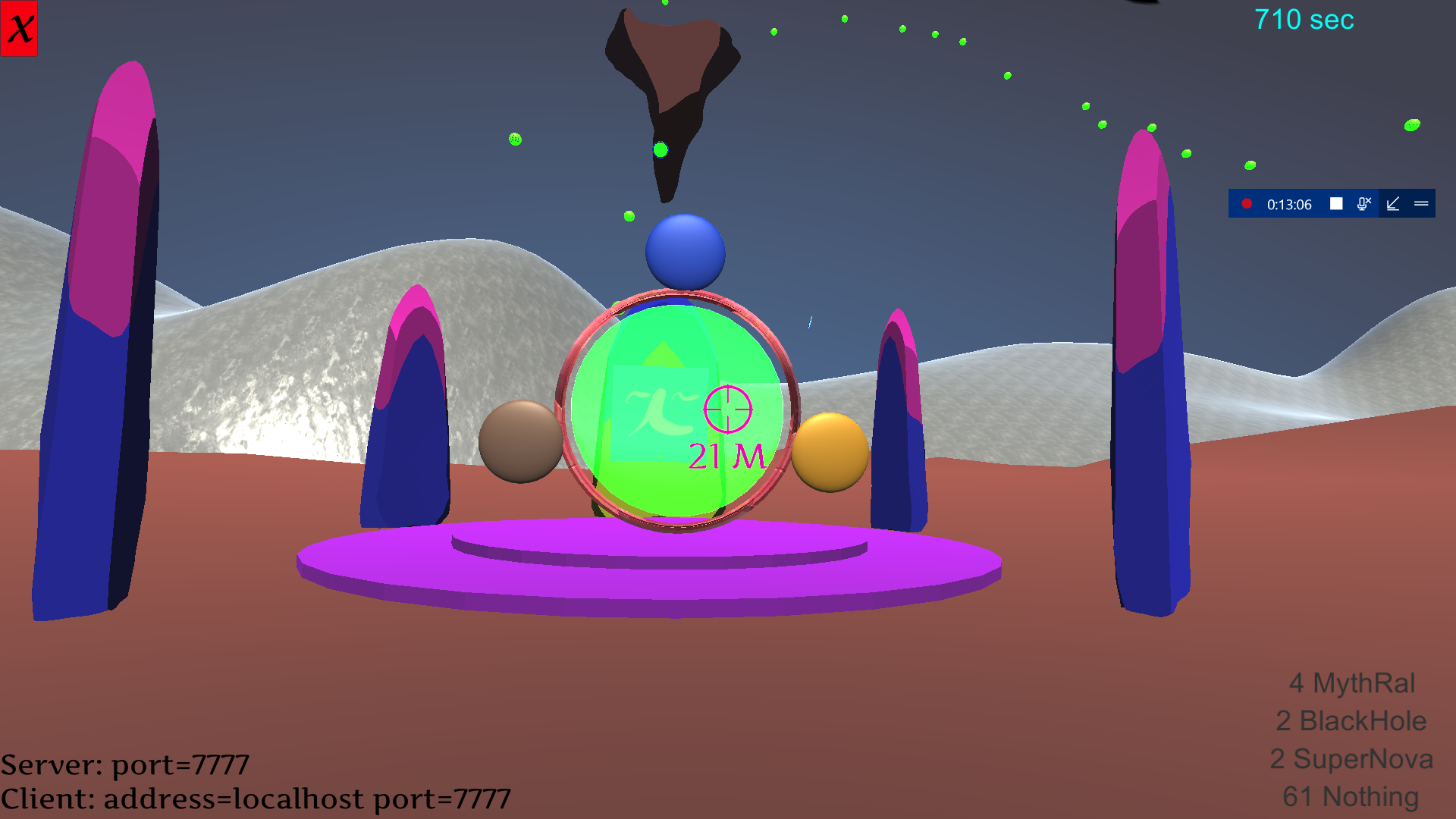Truthian participated in our second game jam ever this past weekend! Working once again with BDKCreate we created Flying Whi! We're really excited to have produced a playable game in a single weekend! Check out the game play video on YouTube!
Game jams are great fun, but they are also learning experiences for a team and teach you to make decisions on what goes into the final shipped product. As we are working on Chaos Isle with BDKCreate we decided to so a game jam to hone our workflow, test our tools, and practice the art of delivering.
As a learning experience this was a great one. We accomplished our primary goal: ship a working game! In doing so we achieved a few of our secondary goals such as incorporating the prototype locomotion system, our base character Doran, and co-op functionality. Additionally it conforms to our basic design philosophy for the game: Awesome, Auspicious, Aesthetic.
Here's a few lessons learned for mastering a game jam:
- Dream big. Chop down to scale.
- Say "No" to scope creep!
- Do your prep work before the jam starts.
- Sleep!
- Communicate!
1. Dream big. Chop down to scale.
Pretty straightforward. In the first hour or so draft out your ideal delivery, what you want to deliver. Game jams are sort many only about 48 hours, not a lot of time. Each team member should commit to what they can easily do in the time frame, and use that to chop off pieces of your project. This helps you frame out your minimum value product (MVP). Now the pieces you put them to the side, which can be painful. We like to take them and create a list of potential features. Sometimes we get to the things on the list, often we don't. But it feels better to think of it as "we didn't get to that". You also have a pipeline of features and ideas if you want to build the demo out into a larger game later. Don't forget to put time estimates and who would implement them. And most importantly make sure not to exclude them as you build out the rest of the game.
Your MVP is something that you should have ready to go about 1/3 or 1/2 of the way through the game jam. This is the bare bones version of the game. Once it is done you release a lot of the pressure and can take the time to finesse the mechanics while additional art and content are added.
2. Say "No" to scope creep!
If it is not on your list of potential features, don't add it. If you feel like you must add it to the features list do so. And remember scope creep isn't just the game as a whole, it is the individual elements of the game. This is particularly important in a team, because you are relying on each other to get things done on time. If you decide to make your contribution 'better' you can create delays and distraction, for various reason such as it doesn't match what was expected, was delivered a late etc. This isn't to say if you have an idea that will help speed things up that you shouldn't bring it up. Just be wary of things that will take 'a few minutes' to do. There are only 2,880 minutes in 48 hours. You can also tack onto your 'future features' list from lesson number 1.
3. Do your prep work before the jam starts.
No this does not mean start working on the game. It means get organized, find your team and figure out a plan of action for when the jam starts. Whether it is an in person game jam or you'll be working remotely knowing where you'll be working, that there will be food, drinks, a rest room and such is quite useful. Set up your schedule, if you need to reschedule work, a meetup with a friend etc. Notify the important people in your life that you will be unavailable or at least distracted. You don't need your girlfriend, boyfriend, roommate, mother etc. upset you aren't able to spend time with them.
That's the personal side, on the jam side of things, make sure you find team mates, or know what your deficits are going into the jam. For example if you need music but don't have a composer you can plan to find someone at the jam or source royalty free music online. Your planning needs to be flexible. Figure out how you will be communicating, some jams have Discord, Slack or some other way to stay in touch. Choose your tools such as Unity 3D, Unreal Engine, Twine, Google drive, Dropbox, Photoshop, GIMP, Maya, Blender etc. Make sure everyone has the programs they need on the machines before you start. Also sync versions so your work is cross compatible. For game development we use:
If each member of the team has there stuff together then you can hit the ground running as soon as the jam starts.
Sleep!
Also eat, drink, move around, basically take care of yourself! You will not make a better game by not sleeping. All you will do is make mistakes, make bad decisions, and slow down progress. Include these activities in the schedule. Assume you'll need to sleep, get away from your team members or the uncooperative computer for a while.
Game jams are a challenge, which is good. Know what helps you destress. Make sure you don't overdue the caffeine, and don't forget to eat. Low blood sugar is bad for thinking, your brain requires sugar to operate efficiently. It also needs to reboot periodically.
Communicate!
As with any team activity communication is key. In a game jam you need to communicate effectively with both your team and the organizers. Make sure that you understand the rules and requirements of the game jam. Each is different do not assume you know them because you've done others in the past. You need to know what is expected. Are there restrictions on the type of game or theme? How do you submit your game at the end? These and other questions should be cleared up before, or at the start of the game jam.
Within your team you will need to establish a communication style that works for you. Every team is different. If you've never worked together before make sure your team discusses expectations and dynamics. Who makes decisions and organizes things? Is it a democracy? Does your team run like a military unit? Talk it through.
Another aspect game jams are challenging situations, so don't take things too personally especially if it's your first time working together. Someone with a sarcastic sense of humor who snaps when they need food or caffeine can offend or hurt a team mates feelings at 3 AM when they check to make sure their doing okay. It can be difficult, but warning people can help. Generally it's best to assume they didn't mean it personally.
And above all make sure to say something if you aren't sure. It may be uncomfortable, but in a timed challenge you can't afford to waste time being confused or worrying if a suggestion will offend a teammate. If you decide to have open communication from the get go, it will help in the long run.
There you have it! Five lessons learned in the Extra Credits Game Jam!
